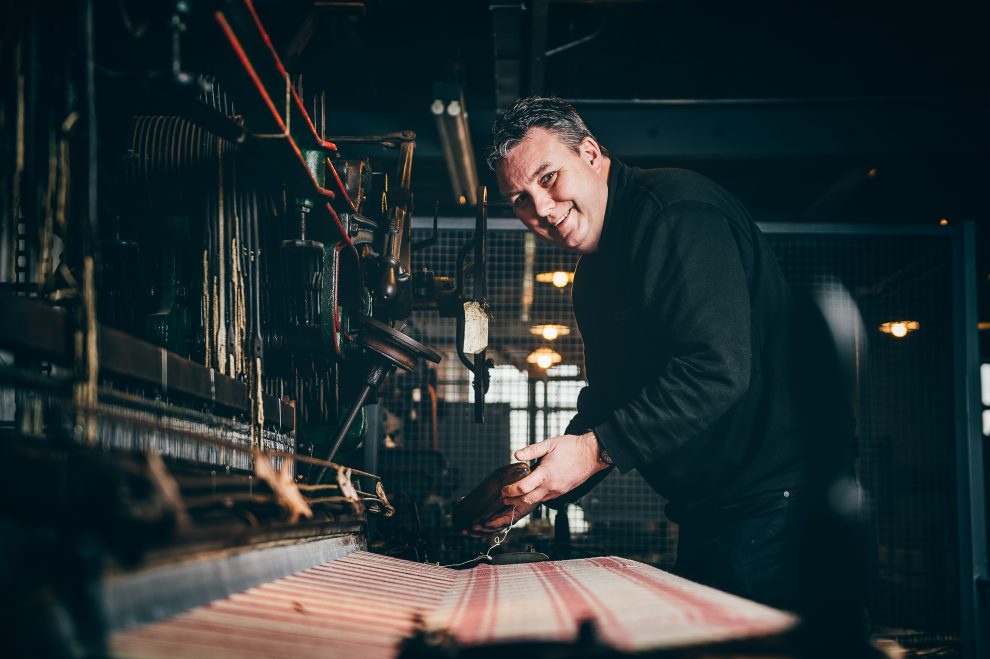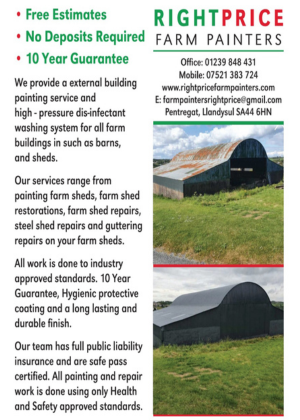WELSH woollen mills face a significant challenge as they try to adapt to the future and meet the demands of a constantly changing market. This is the key finding of new research undertaken by the Made with Wool project.
The study was commissioned in response to the frustration of textile designers who are keen to have their work weaved in Wales but are unable to do so because of the current limitation of the mills. Weavers in Wales are having to reject work for many reasons, but mainly due to the lack of capacity to meet demand. For those wavers who are able to take on commission work there is a lead in time of six months.
Although there are positive developments underway, the biggest concern today is to protect the mills for the future and to retain important skills.
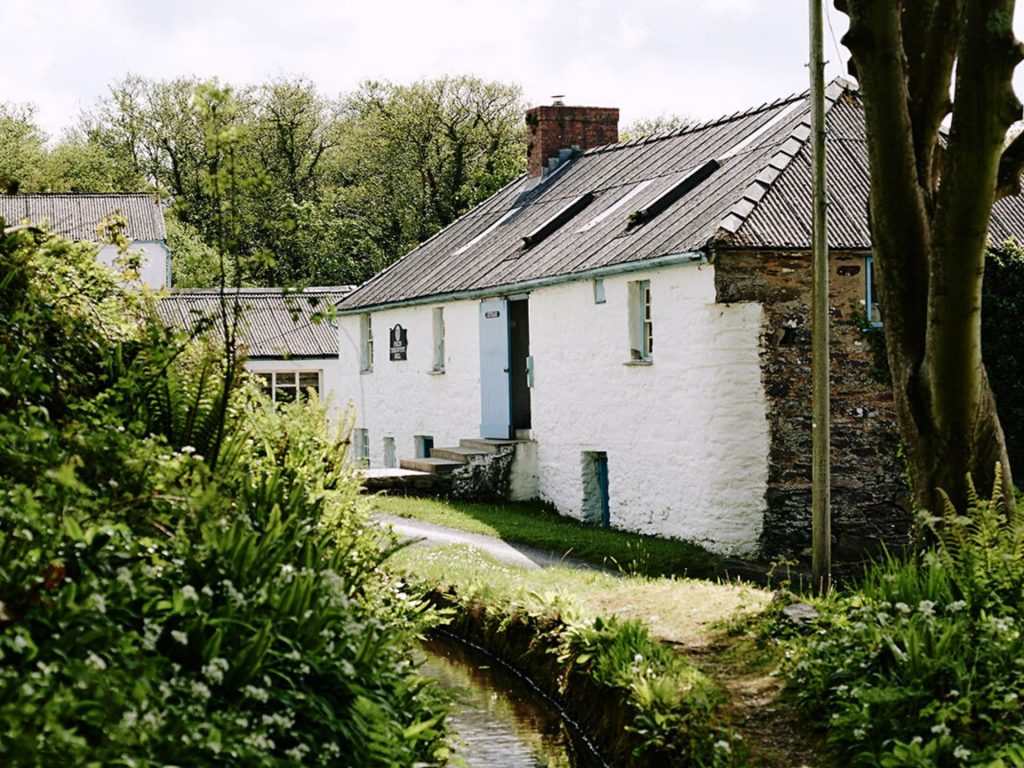
Made with Wool was established to realise the potential of Welsh wool, this study was conducted as part of that work. The report assesses the current situation and offers solutions to overcome some of the challenges as well as to identify new opportunities. Ultimately it is hoped that the work will lead to actions to protect and promote woollen mills in Wales.
Project manager, Elen Parry explains: “The demand for wool products from Wales continues to grow, with Welsh wool designs and rugs popular all over the world. The industry has been at the heart of many Welsh communities for centuries – but with these new challenges, more support is needed for a more secure future. This is where Made with Wool is trying to play a role. Work is already underway to support businesses and it’s important that we act together to support this indigenous industry.”
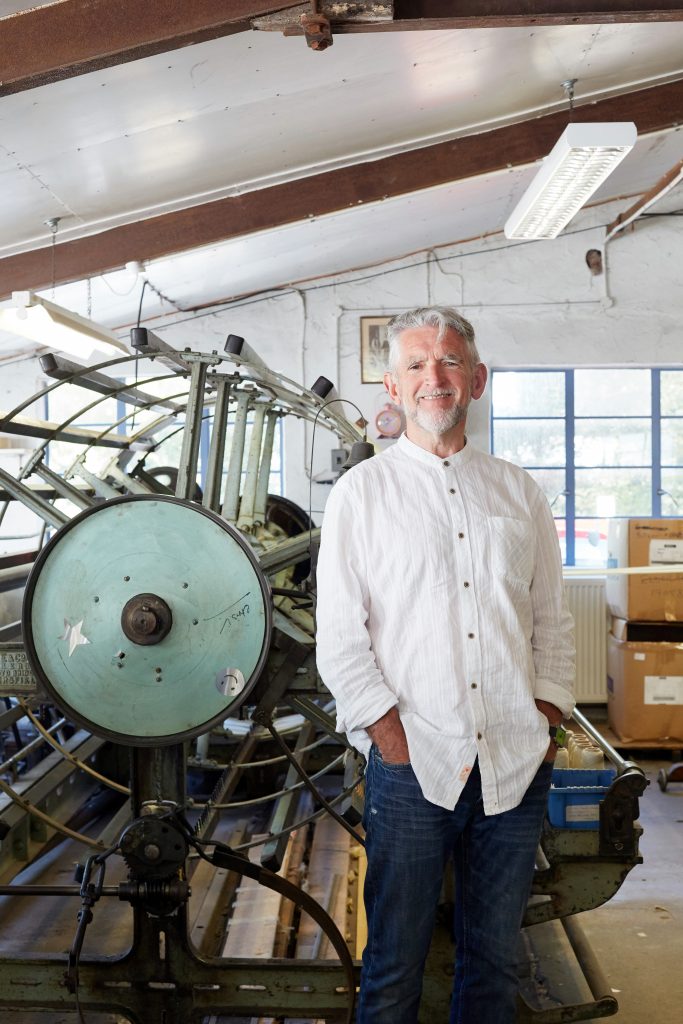
At one time, there were more than 300 Woollen mills operating across Wales, now there are fewer than 15 left. Of these only five works on an industrial scale, and although there is increasing demand for the products, there is uncertainty surrounding the industry’s future.
Eifion Griffiths of Melin Tregwynt in Pembrokeshire said: “The history of this mill dates back several generations, and we have customers the world over. Recently, there has been a change in customer buying patterns with many also wanting to buy sustainable and local products.
“Demand has continued to rise over the last few years, which is good news on the one hand, but it is difficult to keep up with that demand. A large proportion of us who work in the industry are older, with businesses struggling to attract young people. Made with Wool offers an exciting opportunity to protect an industry that has played such an important part in the culture and history of Welsh communities.”
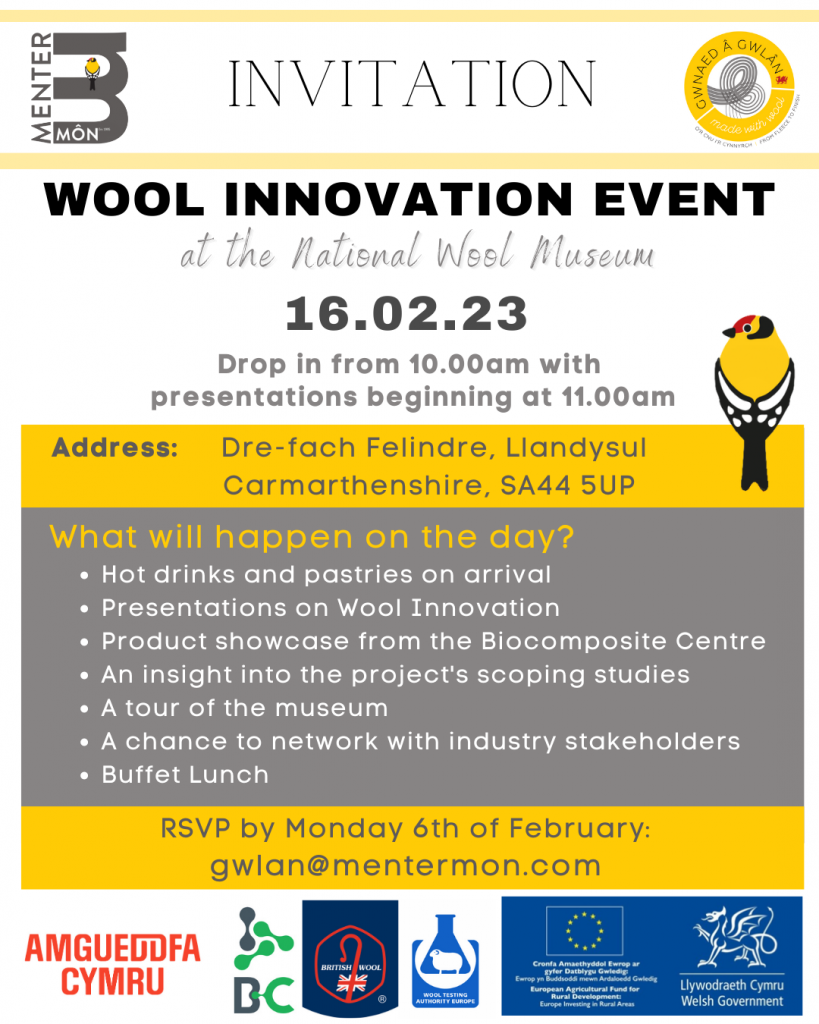
As a next step, Made with Wool is staging an event on the 16th of February at the National Wool Museum, Dre-fach Felindre. It will be an opportunity for mill owners and industry stakeholders to hear presentations and to share insights on wool innovation and learn the latest from the project.
The event in February is open to all who are interested. For further information and to book a place, the project team is asking people to email [email protected] before the 6th of February.
Made with Wool is an all-Wales project run by Menter Môn. It has received funding through the Welsh Government Rural Communities – Rural Development Programme 2014-2020, which is funded by the European Agricultural Fund for Rural Development and the Welsh Government.



